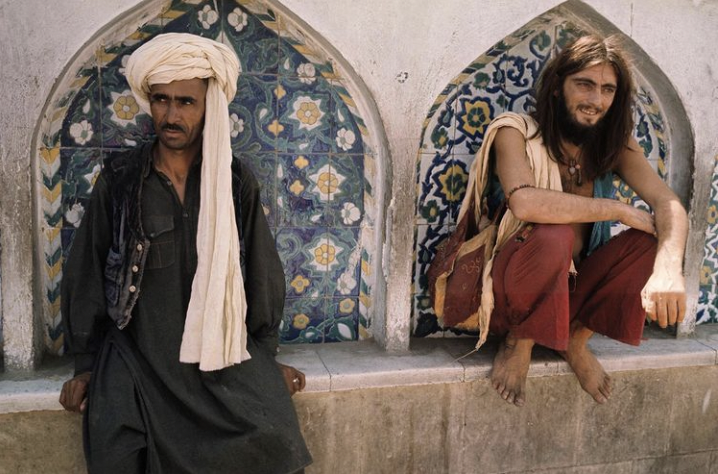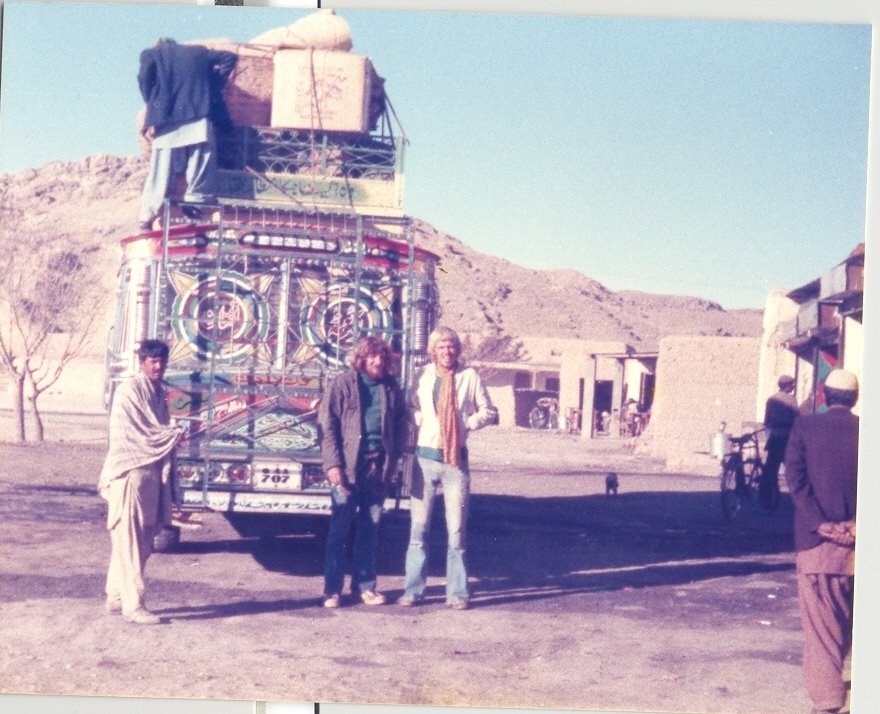The Hippie Trail: A Forgotten Chapter of Afghan History
Woodstock. Anti-war protests. Flower power. You may have heard of these iconic symbols that defined the hippie movement of the 1960s and ‘70s. But have you heard of the Hippie Trail? And did you know Afghanistan served as a major stop-over?
In the 1970s, members of the hippie subculture, disillusioned with Western social conventions, began looking east. Seeking a nomadic, anti-establishment, cannabis-steeped pilgrimage, travelers embarked on an overland journey stretching from Istanbul to Kathmandu. This vast expedition would become known as the Hippie Trail, with Afghanistan a significant hallmark.
Unknown
Although the trail had many routes, travelers would typically pass through Herat, Kandahar, and Kabul before making their way into Pakistan. This influx of tourism provided economic opportunities for the locals who began operating agencies to accommodate the surging demand for transportation and lodging.
Hotels located on Chicken Street, Kabul’s once-thriving arts and crafts market, became a gathering point for hippies, who visited with vendors selling jewelry, antiques, and of course, carpets——a signature piece of artistry where the brilliance of Afghan craftsmanship is on full display. Prior to their destruction, the famed Buddhas of Bamiyan attracted seekers of enlightenment and the archaeologically inclined.
Unknown
Afghanistan would remain a welcoming stop along the trail until the Soviet invasion in 1979. The onslaught of troops would mark the end of an era, collapsing the overlanding business as borders closed and the streams of tourists dried up.
The stories told of the Hippie Trail paint a picture of a lost world, an Afghanistan that was relatively stable and open to foreign tourism. But remnants of this trail still linger in the streets of Kabul. Although it has seen better days, Chicken Street remains populated by purveyors of arts and crafts, eager for a sale. Many travelers recall with fondness the hospitality of Afghan people, a practice which, despite decades of conflict, is alive and well today.
Perhaps what once was can be again.




